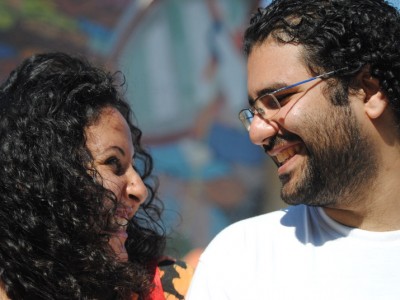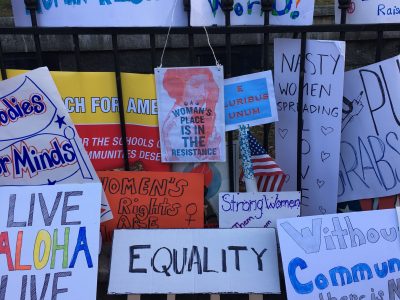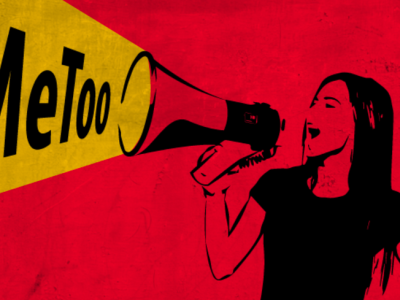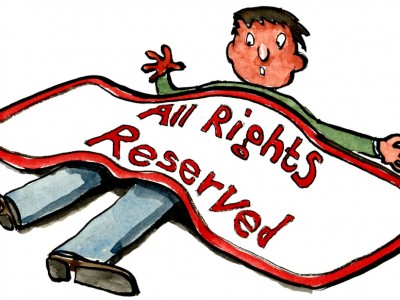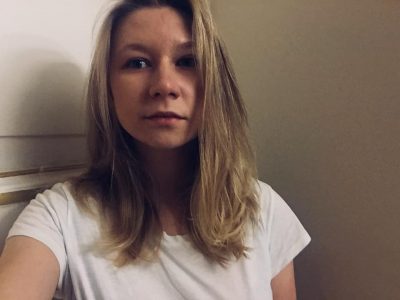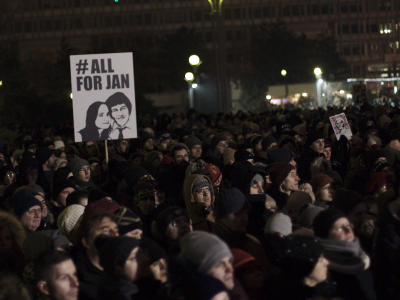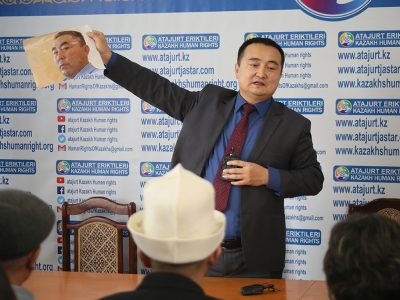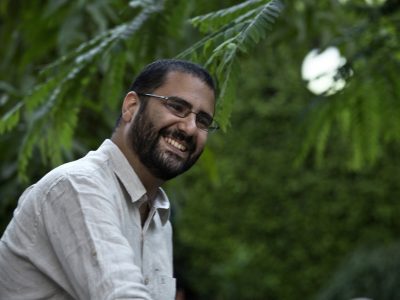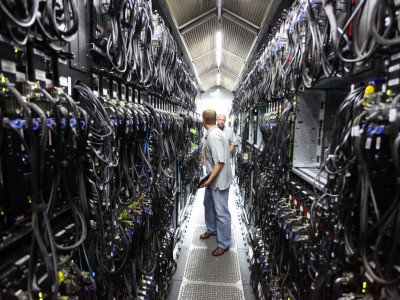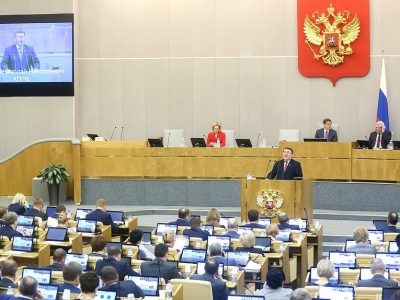Stories about Free Expression from March, 2019
Russian regulators ask VPNs to block blacklisted websites, but most have refused
This defeats the purpose of a VPN, a technology used primarily to help people access censored websites.
#WelcomeHomeAlaa: Egyptian revolution activist Alaa Abd El Fattah released after five years in prison
Alaa was a leading voice among Egyptian bloggers and technology activists in Cairo approaching and during the Egyptian Revolution.
Netizen Report: Activists in Pakistan and Malaysia confront online backlash after International Women’s Day events
This week, the EU parliament approved its Copyright Directive, Pakistan blocked mobile services (during a military parade) and Bangladesh blocked Al Jazeera English.
Censored on WeChat: #MeToo in China
The term “rice bunny”, which sounds similar to “me too” when spoken in Chinese, was used as a replacement hashtag to get around the censors.
Two years after completing his sentence, Emirati activist Osama al-Najjar remains in detention
Al-Najjar was arrested over tweets calling for the release of prisoners of conscience in the Emirates.
Welcome to the Venezuelan internet. Luis Carlos and Naky will be your guides.
Through serious analysis and their signature wit, Luis Carlos Diaz and Naky Soto have helped a generation of us learn our digital rights.
Netizen Report: EU activists make a final push to keep the internet filter-free
The EU makes a final decision on copyright rules, Iraq considers a new cybercrime law, and internet activists in Kazakhstan, Egypt and Venezuela face legal threats.
Russian journalist forced to resign for Telegram channel critical of St. Petersburg authorities
Journalist Maria Karpenko says her editor confronted her about co-running a Telegram channel critical of St. Petersburg authorities.
‘Blood feud’ against Chechen blogger is the culmination of a months-long, unusually frank conversation about a buried past
Heated exchanges provide a rare glimpse into painful and conflicted issues that are burning hot in today’s Chechnya, ten years after the official conclusion of the Second Chechen War.
Activists speak out against Iraq's cybercrime bill
The bill prescribes lengthy prisons sentences, including life imprisonment, for speech-related offences.
#FreeSerikjan and the long shadow of Xinjiang's camps in neighbouring Kazakhstan
Kazakhstan's government is nervous about what Seikjan Bilash is doing, and will happen if his popularity grows.
Slovak businessman charged with ordering murder of journalist Ján Kuciak and his fiancée
"This is a significant step, and a rare one in murders of journalists. We hope authorities keep their promise to bring all perpetrators to justice."
Kazakhstan silences the Xinjiang megaphone
“I have one issue – and that issue is Xinjiang.”
Teen theatre production banned by Russian authorities for promoting ‘non-traditional family relations’
Russia has recently passed a series of socially conservative laws targeting activists, advocacy groups and online media for anything that can be construed as "promoting homosexuality to minors."
Scheduled release of Egyptian activist Alaa Abd El Fattah delayed by 10 days
The #FreeAlaa campaign reassured supporters that the delay is not a cause for concern for now.
Charged with ‘instigating crimes’, journalist Luis Carlos Diaz is released in Venezuela
The Global Voices community is relieved that our colleague is safe and with his family.
Trying to follow the news in Venezuela? Here are a few sources you can trust
Venezuelans are finding ways to gather, organize and assess information on their own terms.
One year without internet in Chad: Citizens have been offline since March 2018
It appears that the government is attempting to muzzle citizens' freedom of expression and to prevent the free circulation of information.
Netizen Report: Activists reject EU plans to pre-censor copyright violations, ‘terrorist’ content
A weekly dose of news about challenges, victories, and emerging trends in technology and human rights around the world.
Russia’s latest ‘anti-fake news law’ is so bad even Kremlin pranksters hate it
Provisions of the new law make it clear that its real target are the online news outlets still not fully controlled by the state or its subsidiaries.


